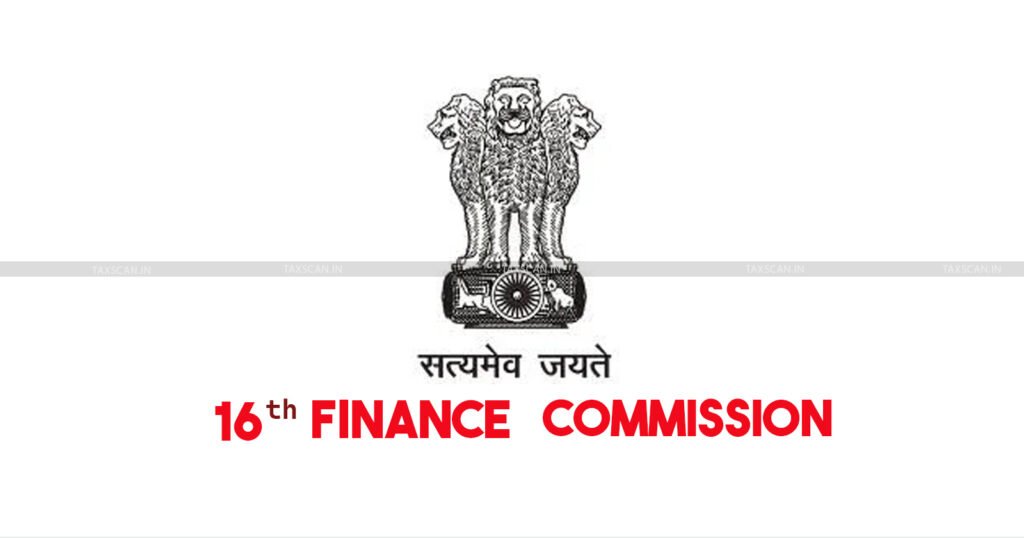Government Appoints Four Key Members of the Sixteenth Finance Commission
The government has recently announced the appointment of four crucial members to the Sixteenth Finance Commission, a move that holds significant implications for candidates preparing for various government exams. This development underscores the government’s commitment to effective fiscal governance and financial planning. In this article, we will delve into the importance of this news, provide historical context, and present five key takeaways for aspirants preparing for positions ranging from teachers and police officers to banking, railways, and civil service.

Why this News is Important
The government’s decision to appoint these members holds significant importance for various reasons. The recent announcement of key appointments to the Sixteenth Finance Commission has stirred interest among government exam aspirants, as it directly impacts the country’s fiscal policies and financial planning.
Historical Context
Evolution of Finance Commissions:
The Finance Commission has a rich history, evolving over time to meet the changing needs of the Indian economy and governance.
Significance of Past Commissions:
Understanding the significance of past Finance Commissions provides insights into their role in shaping India’s fiscal policies.
Key Takeaways from the Appointment of Sixteenth Finance Commission Members
| Serial Number | Key Takeaway |
|---|---|
| 1. | The reinforcement of the government’s commitment to fiscal planning. |
| 2. | Impact on resource allocation between the center and states. |
| 3. | Implications for exam syllabus and aspirants focusing on finance-related positions. |
| 4. | Influence on economic stability and growth. |
| 5. | The importance of staying updated on current affairs for exam success. |
Important FAQs for Students from this News
Q1: Why are the appointments to the Sixteenth Finance Commission significant?
A1: The appointments are significant as they impact fiscal planning, resource allocation, and have implications for various government exams.
Q2: How does the Finance Commission influence economic stability?
A2: The Finance Commission’s decisions can impact economic stability through its role in resource allocation and financial governance.
Q3: Why should government exam aspirants be aware of these appointments?
A3: Aspirants should be aware as such developments may be included in exam syllabuses, especially for positions related to finance and administration.
Q4: What is the historical context of Finance Commissions?
A4: The historical context includes the evolution of Finance Commissions, shaping India’s fiscal policies over time.
Q5: How can candidates use this information for exam preparation?
A5: Candidates can focus on key takeaways, including the government’s commitment to fiscal planning and the impact on resource allocation.
Some Important Current Affairs Links


